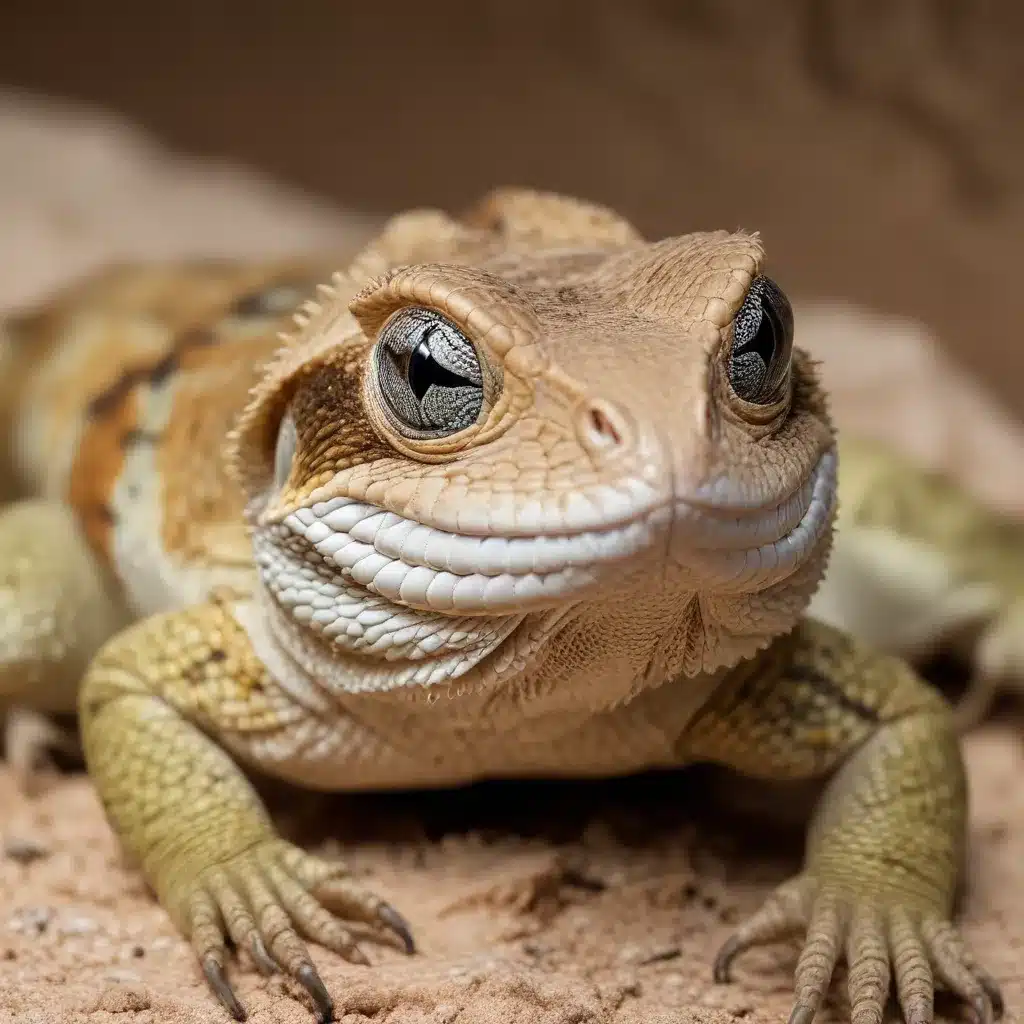
Understanding Reptile Species and Their Care Requirements
Caring for exotic reptiles can be a rewarding and fascinating experience for pet owners, but it also comes with significant responsibilities. Reptiles have unique needs that must be properly addressed to ensure their health and well-being. When considering adding a reptile to your household, it’s crucial to research the specific species and understand the comprehensive care requirements.
One of the primary considerations is the reptile’s habitat and environmental needs. Different species thrive in varying temperature ranges, humidity levels, and lighting conditions. Providing the appropriate enclosure setup, substrate, and hiding spots is essential for creating a suitable living environment. Neglecting these fundamental aspects can lead to stress, illness, and even death for the animal.
Another crucial factor is the reptile’s dietary requirements. Herbivorous, carnivorous, and omnivorous reptiles have vastly different nutritional needs. Feeding the appropriate foods in the correct proportions is crucial for maintaining the animal’s health. This may involve providing a varied diet, supplementing with calcium and vitamins, and carefully monitoring portion sizes.
Additionally, reptiles require regular veterinary care, just like other pets. Routine check-ups, preventive treatments, and prompt attention to any health concerns are essential for maintaining the reptile’s well-being. Owners must be prepared to seek the advice of experienced exotic animal veterinarians to ensure their reptile receives the necessary medical attention.
Responsible Breeding Practices for Exotic Reptiles
Responsible breeding of exotic reptiles is a complex and nuanced topic that requires a deep understanding of the species’ biology, genetics, and welfare considerations. Reputable breeders must prioritize the health and well-being of their animals while also ensuring the responsible placement of offspring.
Selective breeding for desired traits, such as color morphs or specific behavioral characteristics, can be a delicate balance. Breeders must be cautious not to prioritize aesthetic appeal over the animal’s overall health and well-being. Maintaining genetic diversity and avoiding inbreeding are crucial to prevent the propagation of harmful genetic defects.
Proper record-keeping, including detailed documentation of the breeding stock’s lineage and medical history, is essential for responsible breeding practices. This information not only allows breeders to make informed decisions but also helps ensure that prospective owners have a comprehensive understanding of the reptile’s background.
Responsible breeders also have a duty to carefully screen potential buyers, ensuring that the animals are placed in suitable homes with owners who are knowledgeable and committed to providing the necessary care. This may involve providing comprehensive care guides, offering ongoing support, and requiring follow-up check-ins to monitor the reptile’s well-being in its new environment.
Legal Considerations for Exotic Reptile Ownership and Sales
The ownership and sale of exotic reptiles are subject to a complex web of regulations and requirements that vary widely across different regions and jurisdictions. It’s crucial for both reptile owners and breeders to familiarize themselves with the applicable laws and guidelines to ensure compliance and avoid potential legal consequences.
At the federal level in the United States, the Animal Welfare Act (AWA) sets the baseline standards for the humane treatment of animals, including those used for exhibition, research, or commercial sale. The AWA is enforced by the United States Department of Agriculture (USDA) and requires dealers and exhibitors to obtain appropriate licenses and comply with minimum care standards.
In addition to the AWA, individual states and local municipalities often have their own regulations governing the ownership, breeding, and sale of exotic reptiles. These laws may include requirements for permits, registration, or even outright bans on certain species. Reptile owners and breeders must carefully research and adhere to the specific regulations applicable to their location.
Proper documentation, record-keeping, and health certifications are crucial when transporting or selling exotic reptiles. Failure to comply with these requirements can result in significant legal penalties and the potential confiscation of the animals. Responsible reptile enthusiasts must stay informed about the latest regulatory changes and ensure that their practices align with all applicable laws and guidelines.
Promoting Reptile Welfare Through Ethical Practices
Maintaining the highest standards of animal welfare should be the primary concern for all reptile enthusiasts, whether they are owners, breeders, or sellers. This involves a multifaceted approach that prioritizes the reptile’s physical and psychological well-being, as well as the responsible placement of animals in suitable homes.
Providing appropriate housing, nutrition, and veterinary care is the foundation of ethical reptile ownership. Owners must be committed to researching and understanding the specific needs of their chosen species, and they must be willing to adapt their care practices as necessary to ensure the reptile’s optimal health and comfort.
Responsible breeders play a crucial role in promoting reptile welfare by prioritizing genetic diversity, minimizing inbreeding, and carefully selecting breeding pairs to produce healthy offspring. They must also be diligent in screening prospective buyers, ensuring that the animals are placed in homes with owners who are knowledgeable, committed, and capable of meeting the reptile’s long-term needs.
Sellers and exhibitors also have a responsibility to uphold ethical standards. This includes complying with all applicable laws and regulations, maintaining accurate records, and providing buyers with comprehensive care information and ongoing support. By prioritizing the well-being of the animals over profit or personal interests, these stakeholders can help foster a culture of responsible reptile ownership and contribute to the overall welfare of exotic reptiles.
Conclusion
Exotic reptile ownership is a rewarding and fascinating hobby, but it also comes with significant responsibilities. Responsible reptile enthusiasts must be willing to educate themselves, prioritize animal welfare, and adhere to all applicable laws and regulations.
By understanding the unique care requirements of different reptile species, adopting ethical breeding practices, and ensuring compliance with legal guidelines, reptile owners, breeders, and sellers can work together to promote the well-being of these remarkable creatures. Through this collective effort, the exotic reptile community can continue to thrive while upholding the highest standards of animal welfare and responsible pet ownership.
For more information on responsible reptile care and legal requirements, please visit our website at exoticreptilesforsale.com.


